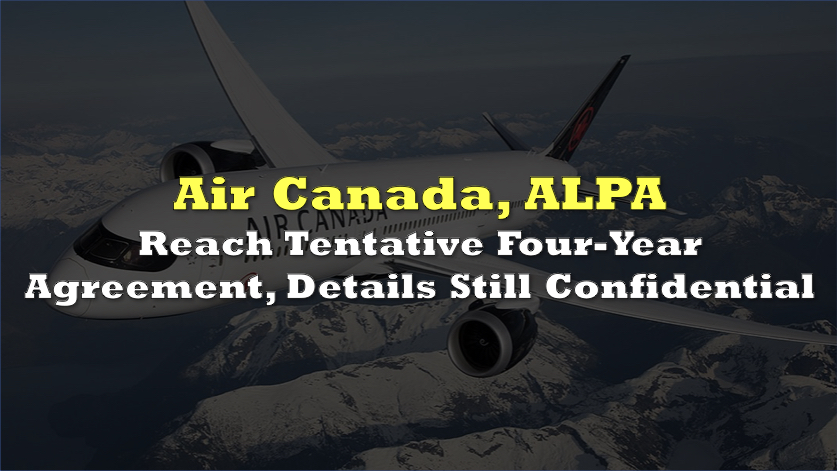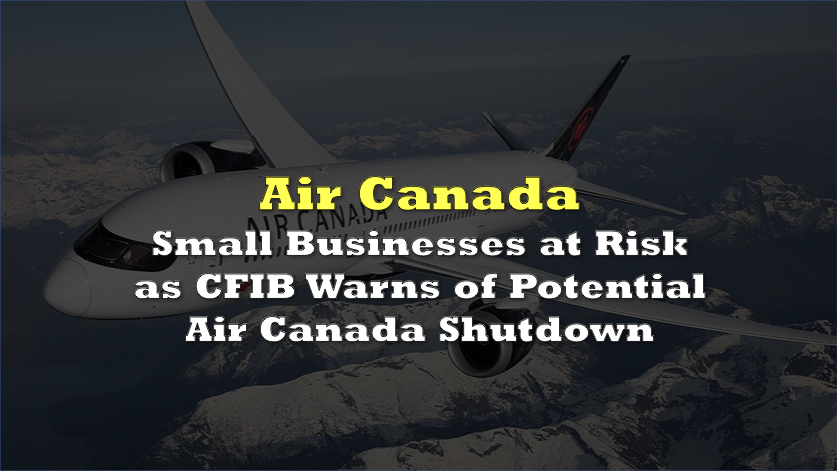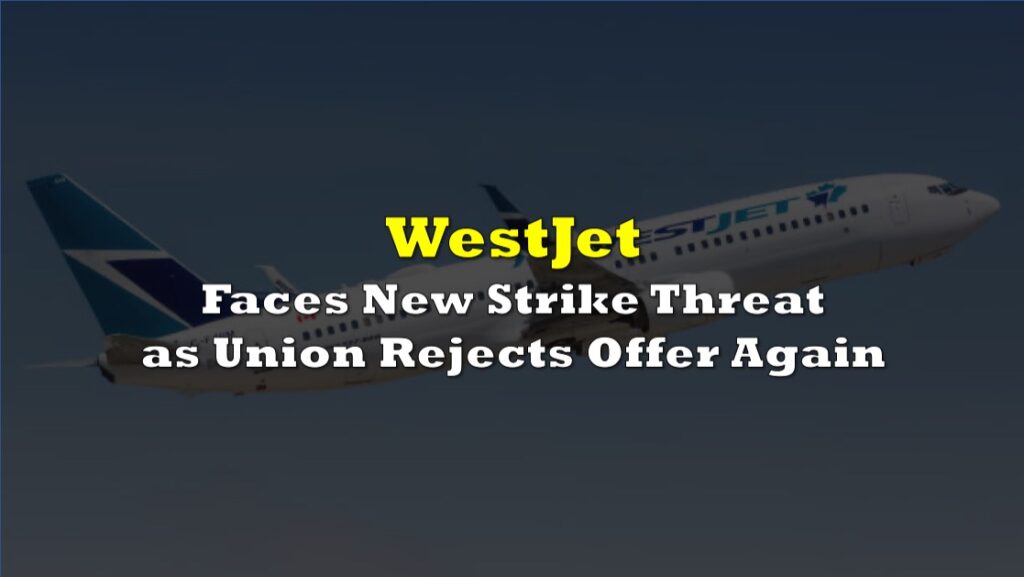Air Canada (TSX: AC) has reached a tentative four-year collective agreement with the Air Line Pilots Association (ALPA), which represents over 5,200 pilots at Air Canada and its low-cost subsidiary, Air Canada Rouge. This deal comes after months of negotiations and mounting concerns over a potential pilot strike that could have disrupted travel across Canada and internationally.
The agreement marks a significant milestone for both the airline and its pilots. Although specific terms remain confidential pending a ratification vote by ALPA members, the deal is expected to address key concerns around pay, working conditions, and pilot scheduling in a post-pandemic aviation landscape marked by soaring demand for air travel.
In a statement, Air Canada praised the professionalism and critical role played by its pilot group, stating that the new agreement “recognizes the contributions” of pilots while providing a “framework for future growth.” ALPA members are set to vote on the deal over the next month, with the agreement also requiring approval from Air Canada’s Board of Directors.
This tentative agreement is seen as a proactive step in ensuring the airline’s continued smooth operations and avoiding any potential labor unrest that could have had significant consequences for passengers and businesses relying on Air Canada’s services.
The negotiations had drawn considerable attention due to the potential economic impact of a pilot strike. As Canada’s largest airline, Air Canada carries approximately 120,000 passengers daily and plays a key role in both domestic and international transportation. A strike would have disrupted not only leisure and business travel but also critical cargo shipments, with significant ripple effects across various industries.
Dan Kelly, President of the Canadian Federation of Independent Business, had warned that any disruption could be disastrous for small businesses still recovering from the pandemic. “Any disruption now could spell disaster for businesses that are already hanging by a thread,” Kelly said just days before the agreement was reached.
While labor disputes are a common part of the airline industry, the high stakes of this particular negotiation were magnified by the global pilot shortage, which has put pilots in a stronger bargaining position. Many airlines worldwide, including Air Canada, have struggled to staff their flights as demand for air travel rebounded sharply after the pandemic.
While the agreement is a positive development, it still requires the approval of ALPA’s membership. The ratification process is expected to take place over the coming month, during which time the details of the agreement will remain confidential. In the meantime, Air Canada and Air Canada Rouge will continue normal operations.
Air Canada has also reassured customers that those who used its goodwill policy to change flights during the potential strike period (from September 15 to 23) can revert to their original bookings at no additional cost, provided space is available.
Information for this story was found via the sources and companies mentioned. The author has no securities or affiliations related to the organizations discussed. Not a recommendation to buy or sell. Always do additional research and consult a professional before purchasing a security. The author holds no licenses.

















